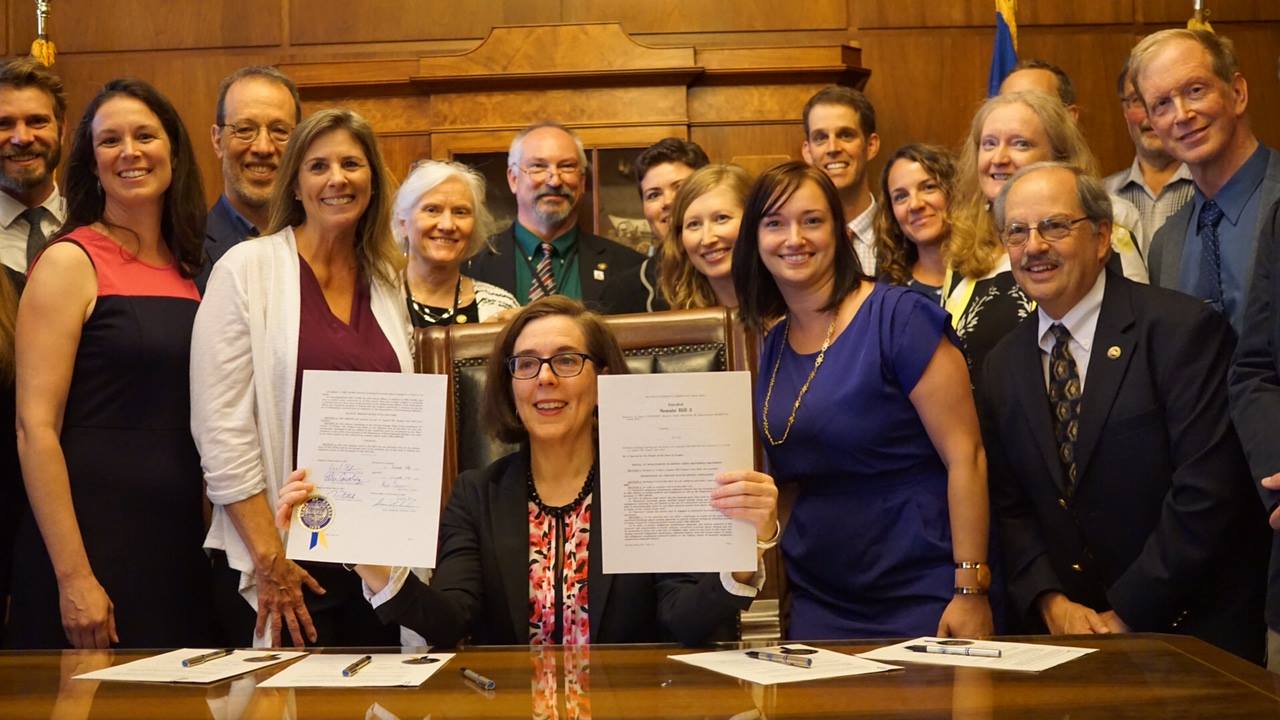The 2018 election cycle is in full swing and for many states, a legislative session will follow shortly after. During an election year, elected officials are more likely to heed the concerns of active organizations. As many chapters and councils activate for this election year, it is a great time to remind yourleadership team of how to participate in the election processand to discussplans withyour board, council and staff before engaging.
Election Considerations
Remember, endorsing or opposing any candidate for elective office is prohibited. The prohibition is found in the federal tax code under provisions that regulate tax-exempt charitable organizations like TU. It applies to the national organization, councils, chapters, or anyone acting on behalf of or in the name of TU. Failure to comply with the prohibition could endanger our tax-exempt status, and therefore the very financial foundation of our organization. Please bear in mind that in the heat of campaign season anything said in your capacity as a TU volunteer leader regarding how you or someone else should vote for or against a candidate for elected political office could be construed as a TU endorsement or statement in opposition. Of course, these limitations should not affect you in your private, non-TU capacity, just please be careful not to use any TU mailing lists or other TU resources in connection with any such personal election-related activity or event. There are many grey areas that can be challenging to navigate, such as social media. Reviewing best practices like the Rules of the Game: A Guide to Election Related Activities for 501(c)(3) Organizations is helpful to do before reaching out to TU staff to talk through your proposed activities on a case-by-case basis.
TU will continue to engage in advocacy efforts in pursuit of our mission, and doing so will at times include communication regarding legislators’ positions on issues on which TU has long been working. At all times, but particularly during campaign season, such communication must be handled in a way that is consistent with IRS rules for 501(c)(3) nonprofits.
Ballot Measures
As a 501(c)(3) public charity TU may support or oppose ballot measures or any other policy put to a direct vote of the public. This is considered lobbying and there are limits on how much lobbying can be done. Although federal tax law treats ballot measure activity as lobbying, states and localities may regulate ballot measure activity differently. For state specific information, review Bolder Advocacy’s Resource Library for information on more than30 states. For more information on lobbying, see Public Charities Can Lobby.
Equal Engagement
There are numerous ways to engage legislators and candidates that, if done correctly, are well within the IRS rules. Examples include candidate forums, questionnaires, and issue-oriented presentations to candidates and their staff as long as they treat each candidate with equal consideration, do not pass judgment on their positions and are in accord with TU’s mission. However, because the penalties are so serious, an abundance of caution is merited when dealing with candidates for office, and chapter and council volunteers are strongly encouraged to consult with TU staff before engaging in any kind of activity that could be construed as influencing an election.
Remember that our Government Affairs team is available to discuss your advocacy efforts so please reach out to them to gain their expertise before moving a plan forward.



